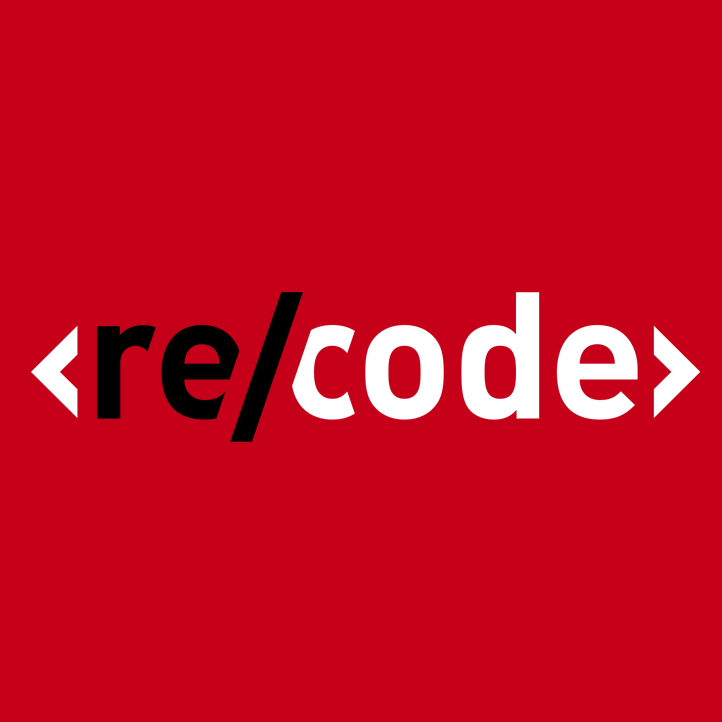Re/code Puts 18% Women Onstage in 2015, Which Is Even Less Than 2014 [UPDATED]
Re/code bills itself as “a tech news, reviews and analysis site, from the most informed and respected journalists in technology and media.” Since its creation in 2014, Re/code has hosted eight events, with two more events scheduled for 2015.
In 2015, “the most informed and respected journalists” have not once had a ratio of more than 25% percent women speakers on stage at their events and their cumulative gender ratio for 2015 so far is 18% women speakers.
This year’s number is a decrease from 2014, when the gender ratio was a frustratingly low 22%.
Here’s a closer look at all Re/code events in 2015:
Code/Media 2015: 15% women speakers
Code/Enterprise Series San Francisco: 25% women speakers
Code Conference: 21% women speakers
An Evening with Code/Media: zero women speakers
Code/Enterprise Series New York: 20% women speakers
Code/Mobile: 18% women speakers
This is an organization with unlimited contacts, major resources, and bountiful organizing expertise. They host multiple events per year with a variety of speakers. Their lineups are tech-themed but not limited to people in the tech industry. Screenwriters, rappers, and media figures have appeared as speakers. In their two years of event planning, they have put a cumulative average of 20% women speakers onstage. What excuse could they possibly have for this startlingly low percentage?
Recently, Re/code launched a powerful series by Rachel Bracker called “The 26%: Women Speak Out on Tech’s Diversity Crisis.” In Episode 2, Twitter Engineer Sara Haider and Computer Science student Ilona Bodnar have a frank discussion about how frustrating it can feel to be the only women at a hackathon or computer science class. “It’s less about the technology and more about the day to day — I’m the only girl in this room. I’m the only girl in this meeting. That’s when you can really, really feel it,” says Bodnar. In the first episode, Leila Takayama, a senior user experience researcher at Google X and one of the world’s leading experts on human-robot interaction, says “To me what really mattered was people ahead of me seeing where I could go and helping me to sort of move in that direction.” In Episode 4, Detroit Water Project Executive Director Tiffani Ashley Bell, Cofounder and Executive Director of the Detroit Water Project, advises National Society of Black Engineers member and Scripps college freshman Nma Mbeledogu: “Don’t lose your ability to function in male dominated environments, because that’s all tech is. It’s going to be that way for a while…”
“The 26%: Women Speak Out on Tech’s Diversity Crisis” is an indication that Re/code is aware of the issues facing women in tech. It shows that they are connected to powerful women in tech. It provides ample proof of how helpful it could be to young women engineers to see more women onstage at tech events. Yet, they stop short of wielding their influence to make that kind of change.
Important to note: While the series paints 26% women in tech as a startlingly low number, Re/code hasn’t managed to reach even 26% women onstage at any of their events this year.
We need input and opinions from women thought leaders in tech in speaker lineups.
Visibility is powerful, and critical. Re/code has the opportunity to create that visibility at their events, and they are failing. If they are serious about wanting to change the number of women in tech, they need to walk the talk.
Re/code has one more large event in 2015: Code/Mobile, October 7 - 8. The conference promises to “examine how an increasingly mobile world is changing the landscape of business, and to showcase companies that are leading that revolution.” So far, that conversation will include just one woman speaker. At 18% women speakers, this is one of their worst speaker gender ratios in 2015.
Gina Glantz, GenderAvenger Founder, in her Washington Post op-ed “When Celebrating Women Traps Them In A Silo,” says:
Something tagged exclusively for or about women is all too often a revenue generating strategy alongside a way to deflect criticism about the lack of attention to women and an opportunity for the powers-that-be to say, “look what we do for women.” Unfortunately, often, what they “do” is not much.
Creating a series highlighting the issues faced by women in tech is admirable, but it doesn’t erase two years of nearly all-male events. If 20% women speakers isn’t a “Tech Diversity Crisis,” we don’t know what is.
Re/code: don’t just talk about the 26% women in tech.
Use your influence to do something. Put 40% or more women onstage for Code/Mobile. Don’t just talk about the tech diversity crisis: be a part of the solution. There’s still time. Make a change.



